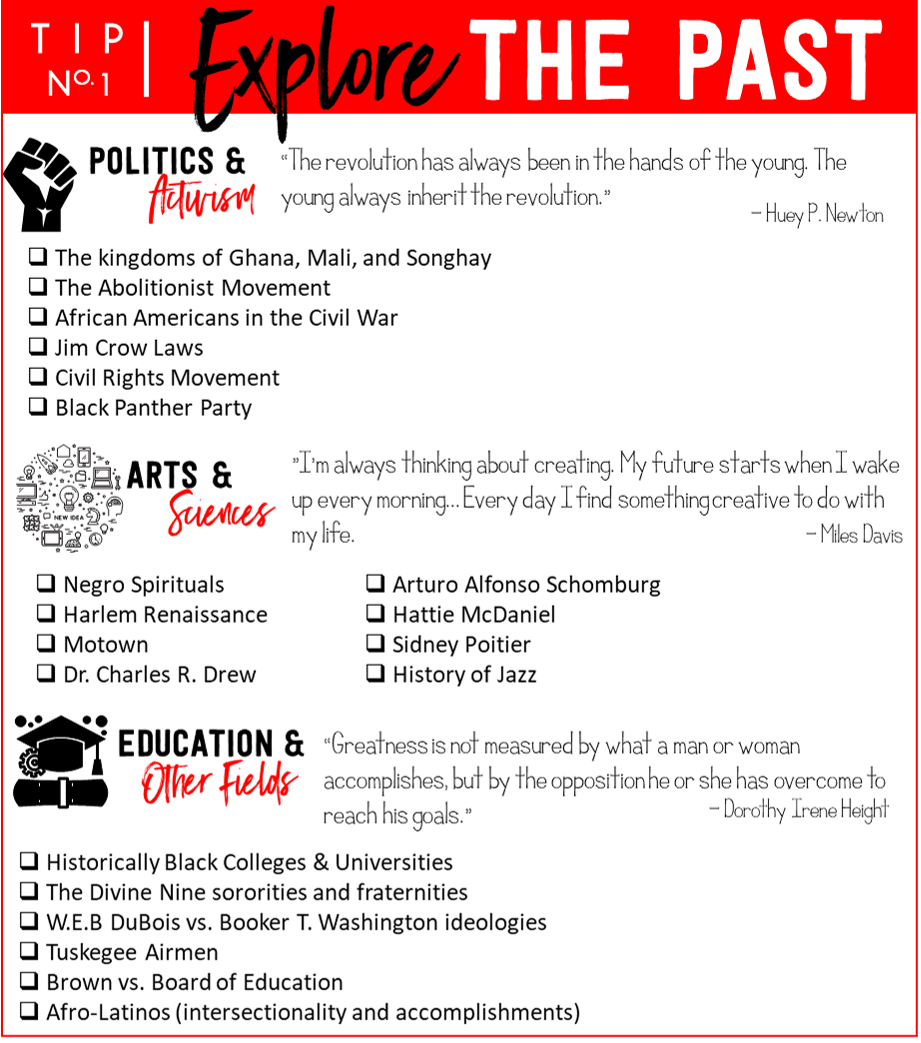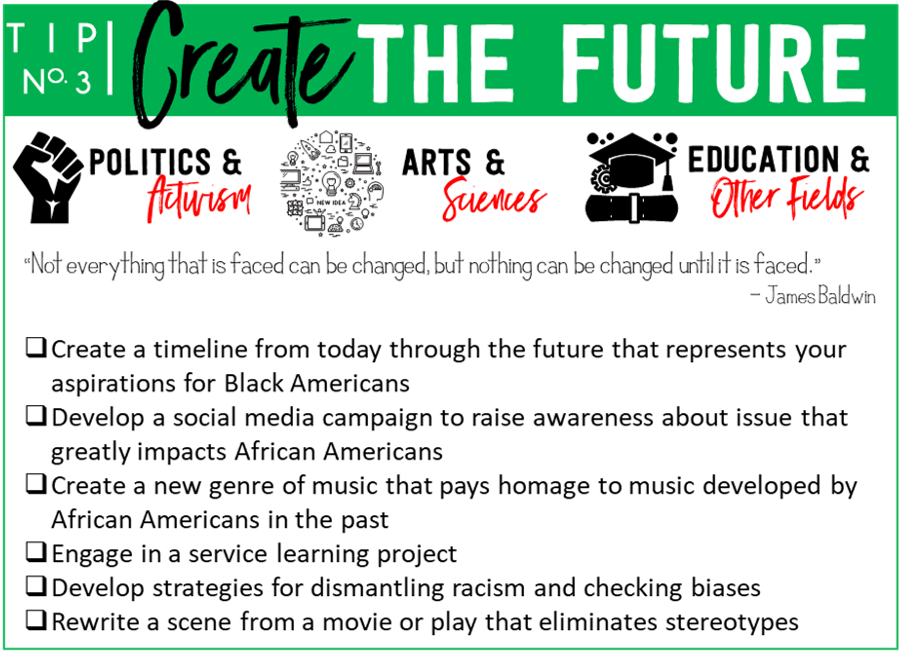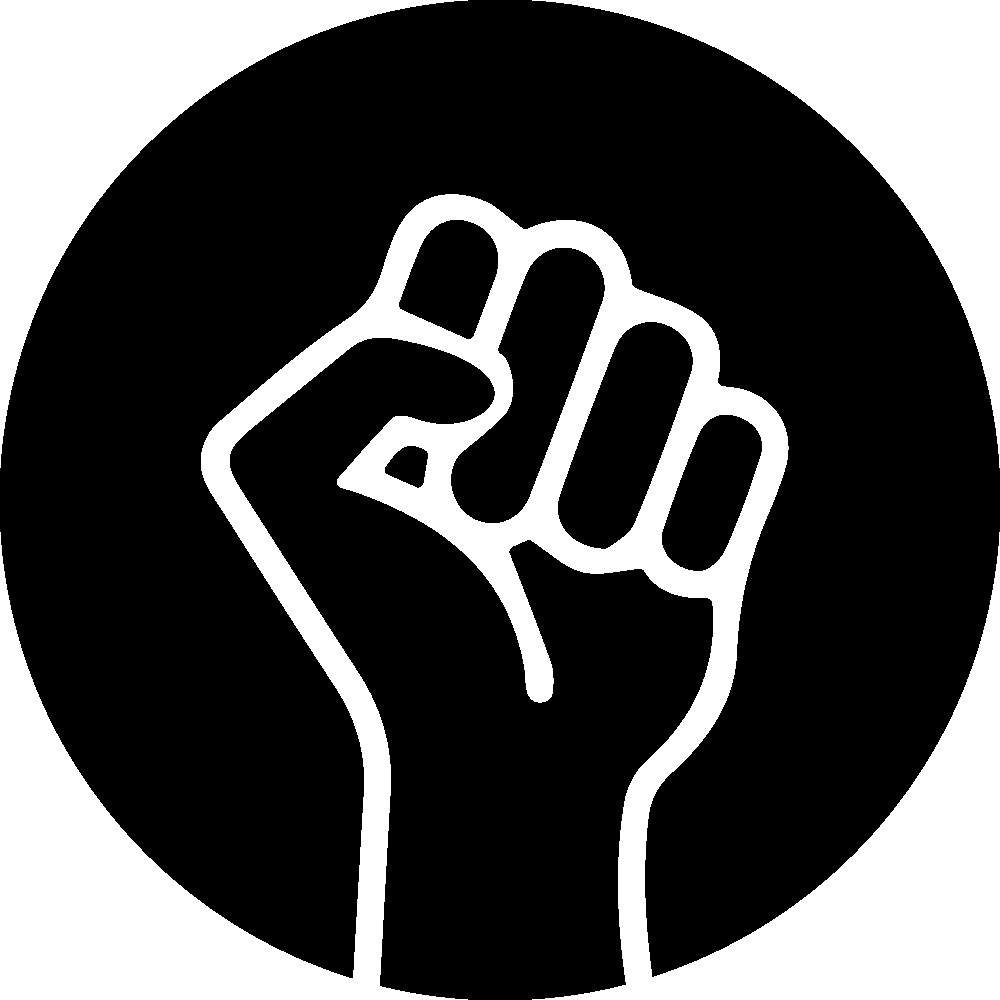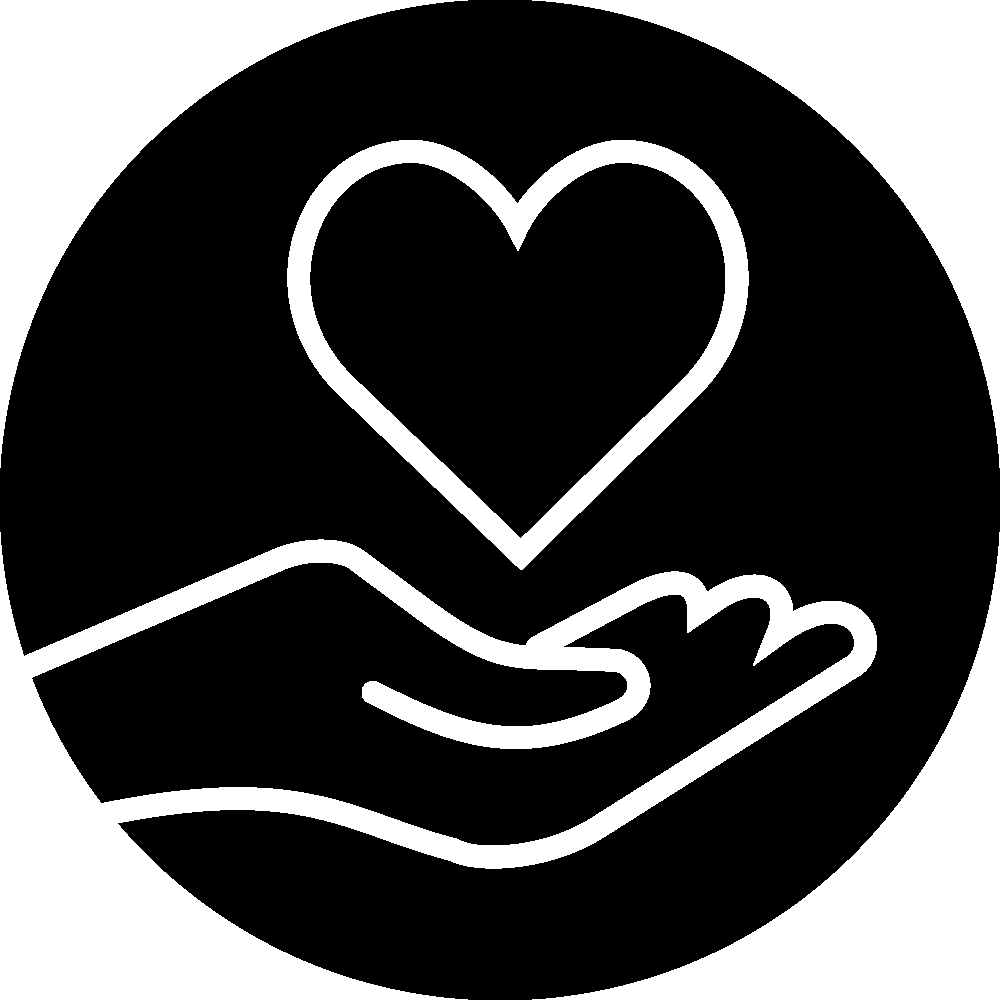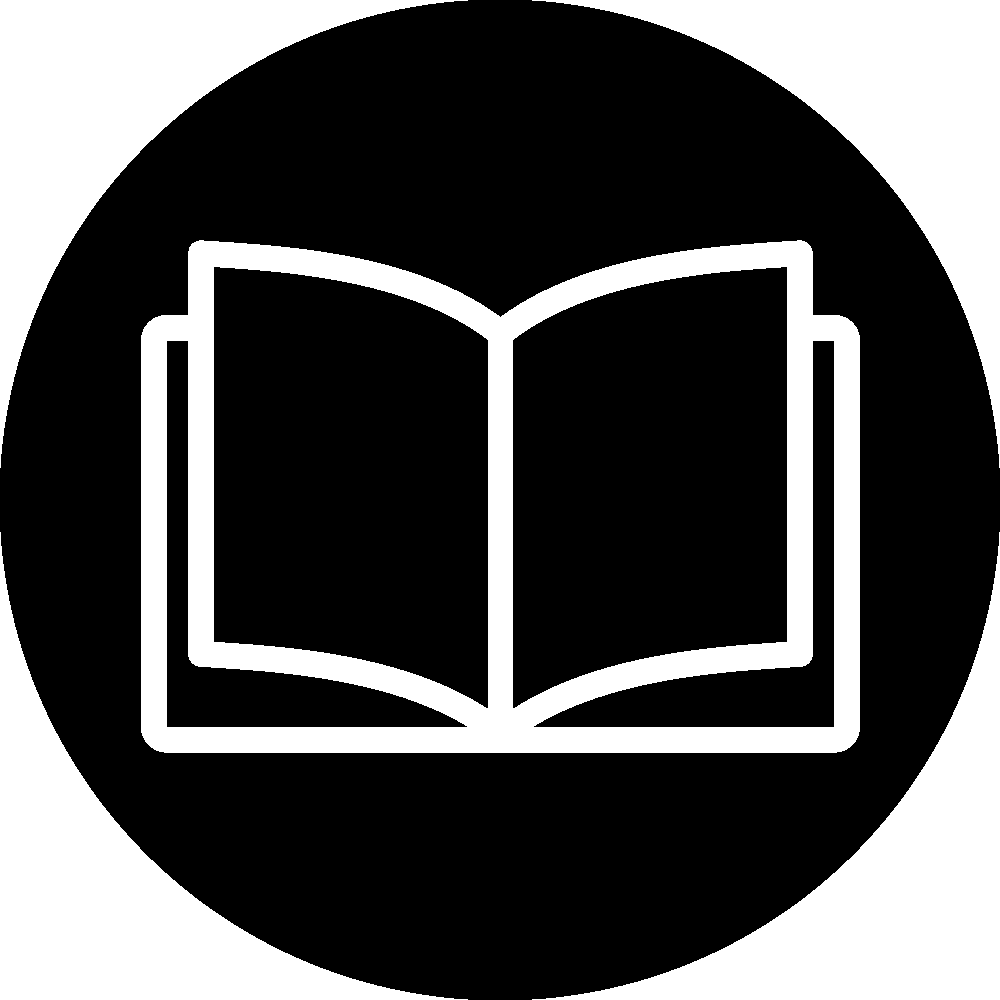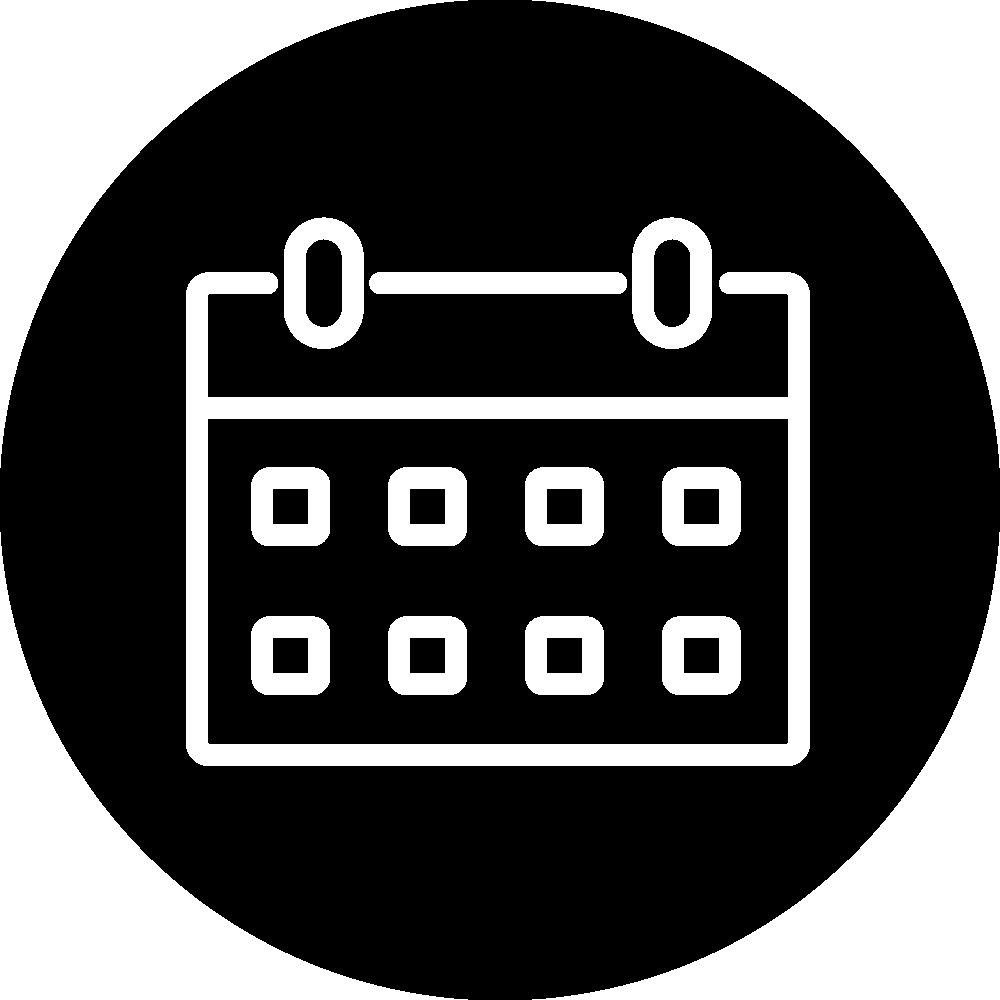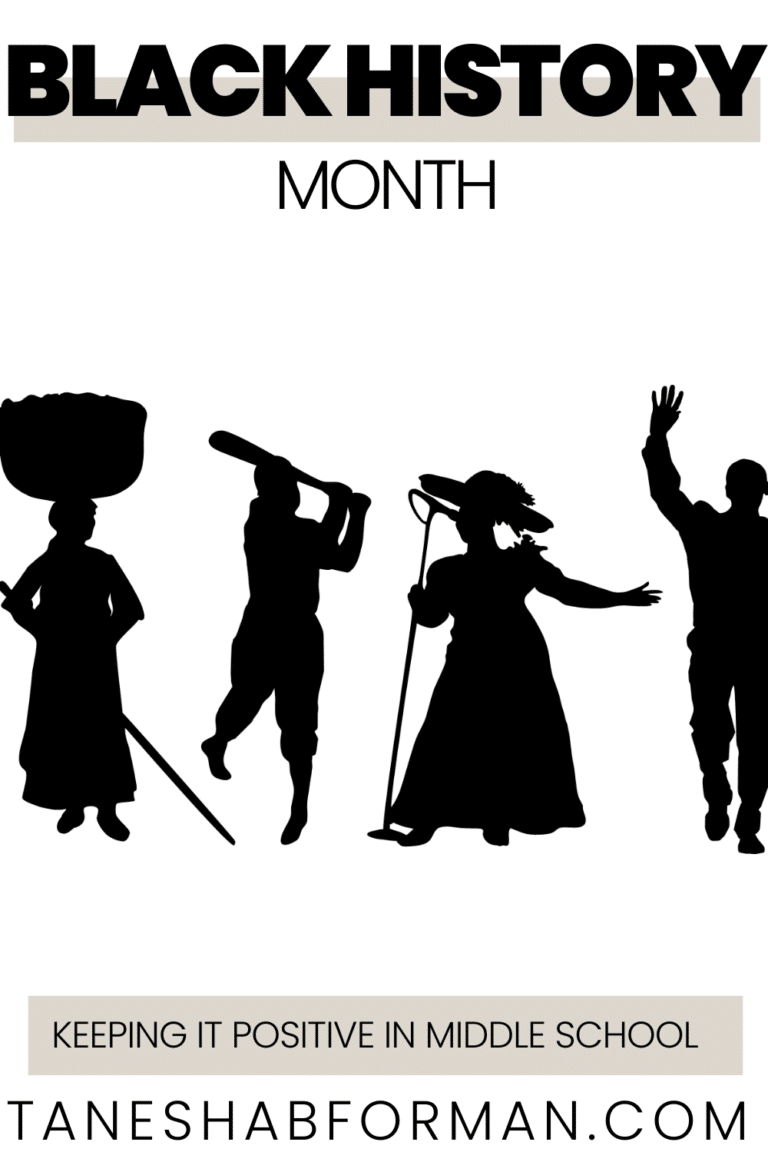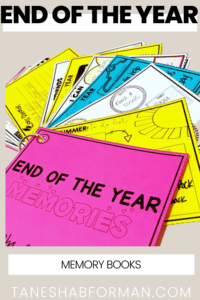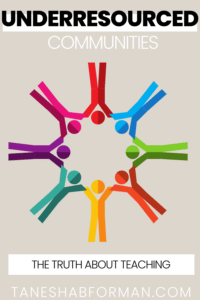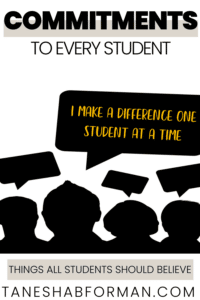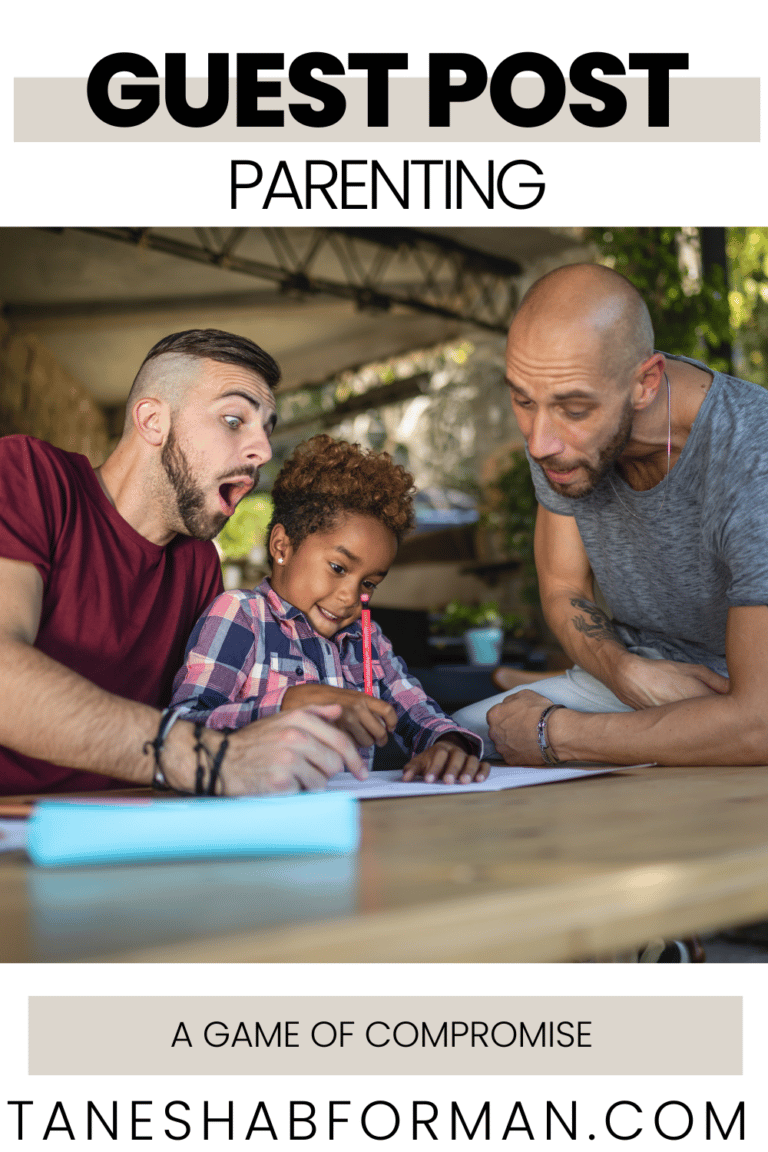
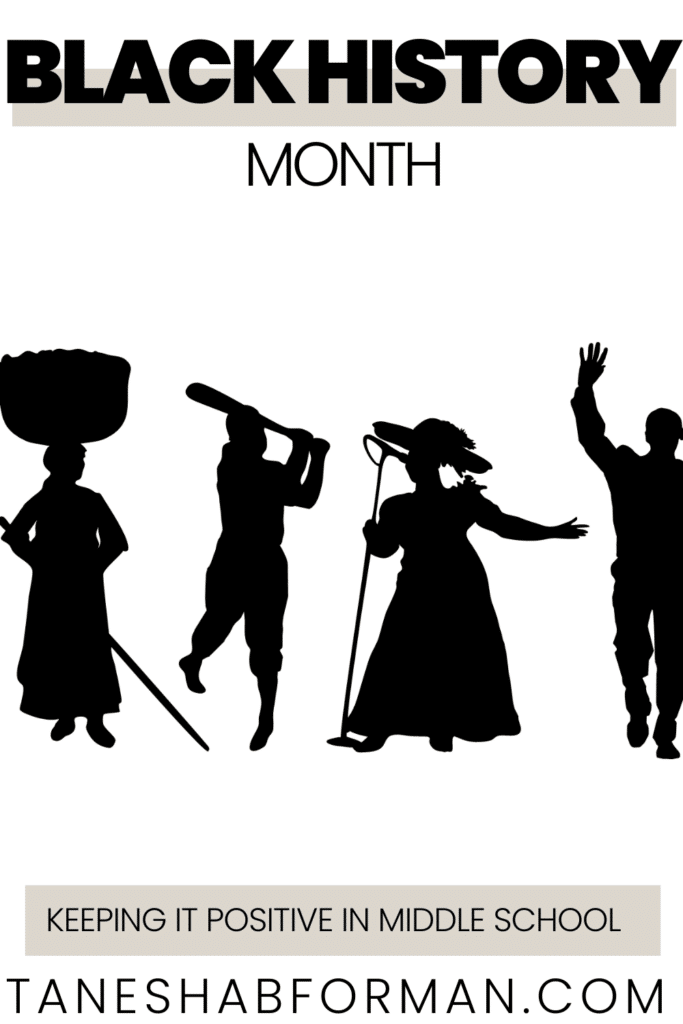
Black History Month: Getting Beyond Dr. King
I Have a Dream — Dr. Martin Luther King Jr.
“When black history month comes around, what do we think of? Usually it’s always Rosa Parks, Martin Luther King Jr, Malcolm X, etc. They are important, but this is a whole new generation. We appreciate all the things they have done for the black community, but we should start recognizing the young black men and boys that are killed on the streets everyday. This is a big issue in the African-American community and we need to start celebrating and recognizing that their lives matter. It started with Emmett Till who was killed with no justice, and it continues with other black boys. If we can prove to the world that this is important, maybe the injustice will stop. On the news there is always violence going on because of the pain people are feeling. These young boys should have statues, memorials because as Martin Luther King and Rosa Parks are important so is their memory.”
From the mouth babes! Abiba’s response reminded me that the children are watching! I certainly don’t want to cultivate students who view black history month as praise for past heroes. I also don’t want to use black history month as a history cram. I am fortunate to have a district curriculum that includes diverse perspectives and an opportunity to celebrate African American history throughout the year, but this hasn’t always been the case, and isn’t the case for teachers throughout the country. For any topic, especially this one, I think it’s critical to share the past in relation to the present and future. It is my hope that students will not come to me tired of the(ir) past, but rather inspired and poised to have an impact.
– Create mini-timelines for a time period
– Provide biographical information about important people
– Draw or paint portraits of important people and events and write a short bio
– Create a mini-documentary about a time period
– Compare and contrast the philosophies of people during a specific time period (e.g. Marcus Garvey, Booker T. Washington, W.E.B DuBois)
The Present (1970s-today)
– Compare and contrast the philosophies across time periods (e.g. The Civil Rights Movement vs. Black Lives Matter)
– Organize a black film festival for the school that extends throughout the year
– Discuss bias and stereotypes in films and clips
– Read articles about a topic with different view points and analyze which author presents a stronger argument about the topic
– Review census data, collect and analyze statistics and create graphs and infographics which illustrate housing patterns (Chicago is a great start).
I wholeheartedly know that our country has made tremendous progress. I know that I am standing on the shoulders of giants, and value their contributions towards the movement to end inequality. That said, anyone who believes that we live in a post-racial period is not paying attention. If you’re not paying attention, you’re not learning. Regardless of the population that teachers serve, we must present multiple perspectives and expose students to current events. If not I wonder how we’ll ever move forward, and get beyond Dr. Martin Luther King Jr. The active participants in the Civil Rights Movement set the charge and got the ball rolling and we can’t be passive. The list above provides ideas for taking an active approach during and beyond Black History Month to get students thinking about the world we live in. There is so much we can learn from that past to prevent history from repeating itself. Watching the news is a real testament to the need for more relevant ongoing conversations and reflections about race and class with our students. If not, I fear we will continue to see incidents like this, this, this and this.
All Love.
T

PIN FOR LATER!
JOIN THE COLLECTIVE
Sign up and access the FREE resources to support your Anti-Bias/Anti-Racism journey.

Tanesha B. Forman
I'm a current middle school administrator who loves breaking down complex topics and providing opportunities for educators learn, reflect, practice, and implement methods that foster equity and anti-racism. I believe we win together!
Behind the Blog
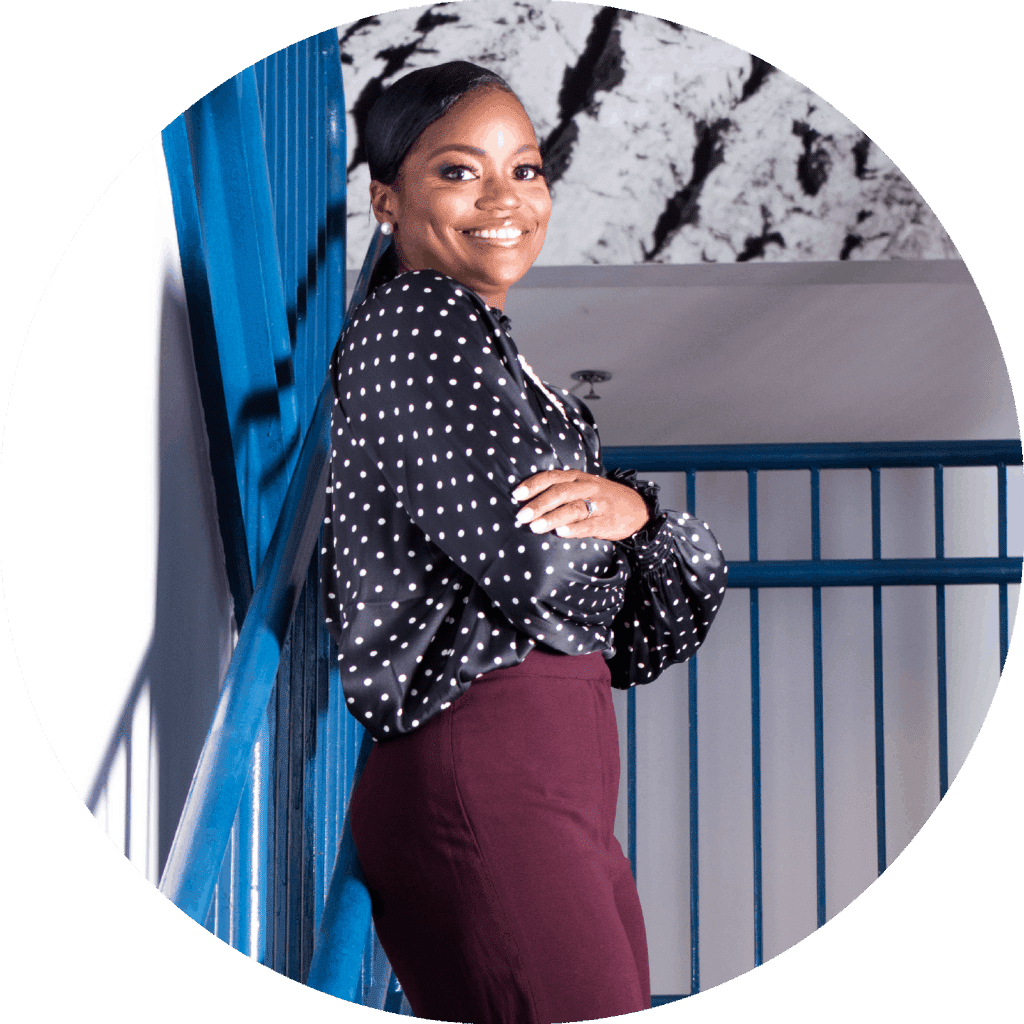

Hi, I'm Tanesha.
I’m a current middle school administrator who loves breaking down complex topics and providing opportunities for educators learn, reflect, practice, and implement methods that foster equity and anti-racism. I believe we win together!


